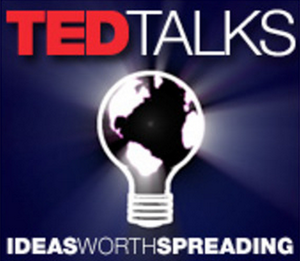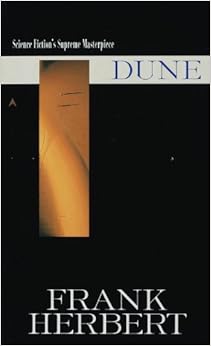
Louise Murphy's The True Story of Hansel and Gretel first stood out to me because of the title. I wanted to know what angle Murphy was using to retell this story, so I looked at the book description, where I found out that Murphy's concept was brilliant: "In the last months of the Nazi occupation of Poland, two children are left by their father and stepmother to find safety in a dense forest. Because their real names will reveal their Jewishness, they are renamed 'Hansel' and 'Gretel.' They wander in the woods until they are taken in by Magda, an eccentric and stubborn old woman called 'witch' by the nearby villagers" (from the back cover).
So I had to read the book. I wanted to see how Louise Murphy would pull it off--and it turned out she did so with skill. There is a trail of breadcrumbs, Gretel is placed in a cage at one point, there is food on the outside of Magda's hut, and (I read this bit before, but I can't remember where) Magda ends up in an oven. Nuances of the original story I wasn't even familiar with--the children were carried on a swan? Really?--are included in this adaptation, and the writing was good enough to support it. I was rarely distracted from the story by weird wording or poor storytelling.
I do need to warn you that this book is not for kids, at least not in the G or PG mindset. There are Nazis, and they aren't softened at all. Gretel is raped twice in a row (two men caught her alone in the woods), we watch Jews die in the showers, the language is not always clean, and there is quite a bit of graphic carnage.
To me, it felt like Murphy was just being honest when she included these things. The story would have felt fake without them (which makes me wonder about The Sound of Music and how nothing truly bad happens in it...). However, this is not a story about the war or the Holocaust; that is just the setting Murphy uses. Don't expect a history lesson while reading.
FYI: I gave this book four out of five stars on Goodreads. That's because although it was incredible, I didn't feel like it reached masterpiece level. It is still just a story. For me, 1 = bad book, 2 = okay, 3 = good, 4 = exceptional, 5 = masterpiece.
That said...
The story of Hansel and Gretel may have been first told long before WWII, but this book made it feel like the story was meant to take place in Poland during that time. It was that well done.








